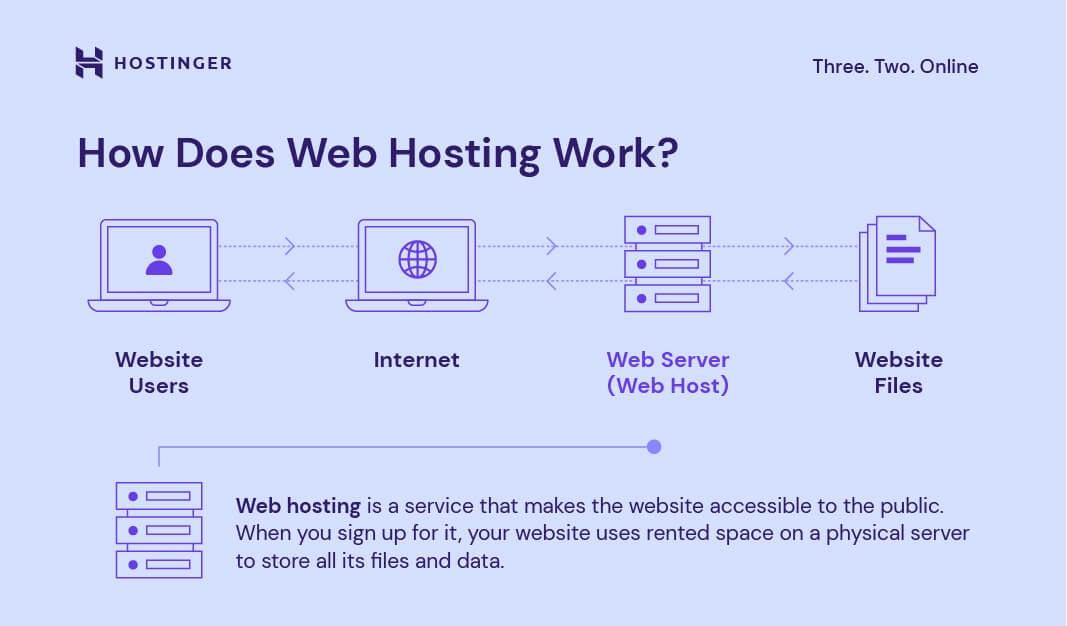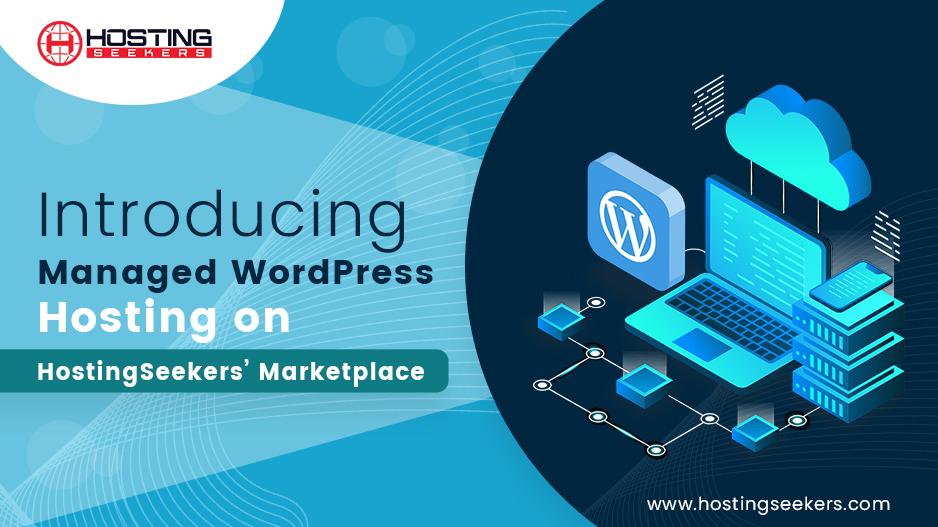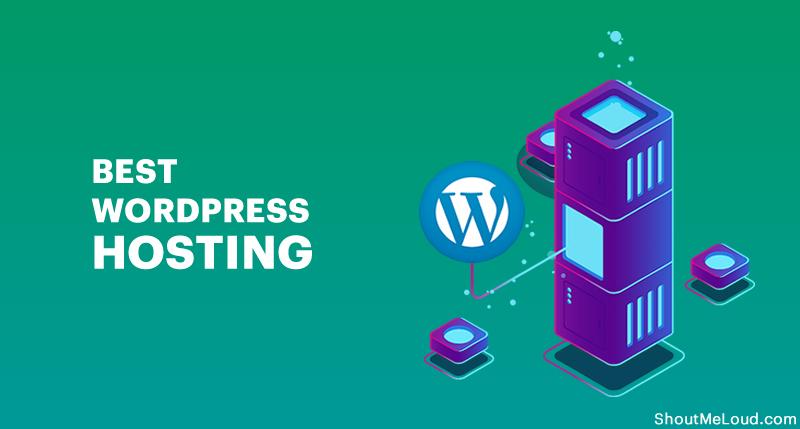Introduction: What is SSD Storage in Web Hosting? (Beginner’s Guide)
Hey there! If you’ve stumbled upon the world of web hosting, you might have come across the term “SSD storage” more times than you can count. But what exactly is it, and why should you care? Well, imagine this: your website is like a bustling storefront in a busy market, and the speed at which you can serve your customers can make all the difference. That’s where SSD storage comes into play.
In this beginner’s guide, we’ll break down the ins and outs of SSD storage in web hosting, explaining not just what it is but why it’s a game-changer for your website’s performance.Whether you’re starting a blog, launching an online store, or building a portfolio, understanding SSD storage can help you make informed decisions that boost your site’s speed, reliability, and overall user experience. So, let’s dive in and explore how SSD storage can take your web hosting to the next level!
Understanding SSD Storage and Its Role in Web Hosting
Understanding how SSD storage works is essential for anyone venturing into web hosting. Solid State Drives (SSDs) utilize flash memory to store data, making them substantially faster than traditional Hard Disk Drives (HDDs). Unlike hdds, which rely on spinning disks and mechanical arms, ssds have no moving parts, resulting in quicker read and write speeds. This translates to faster loading times for websites and applications, which is crucial in today’s fast-paced digital landscape.
One of the standout features of ssds is their performance. Here are some key advantages:
- Speed: SSDs can dramatically reduce loading times, enhancing user experience.
- Durability: With no moving parts, SSDs are more resilient to physical shock and wear.
- Energy Efficiency: They consume less power, which can be beneficial for long-term operational costs.
- Reduced Latency: Swift data access minimizes delays, improving overall site performance.
When it comes to web hosting, the choice between SSD and HDD can impact your site’s efficiency and reliability. hosting providers that offer SSD storage can often provide better performance guarantees. Here’s a quick comparison of the two technologies:
| Feature | SSD | HDD |
|---|---|---|
| Speed | High | Moderate |
| Durability | Very Durable | Less Durable |
| Cost | Higher | Lower |
| Noise Level | Silent | noisy |
Choosing SSD storage for your web hosting plan can positively impact your SEO rankings as well. Google and other search engines favor faster-loading websites, which means that investing in SSD technology could give you an edge over competitors. Moreover, as user expectations continue to rise, ensuring that your website performs optimally is more crucial than ever.
while SSDs may come at a higher price point compared to traditional HDDs,the benefits they offer in terms of performance,reliability,and efficiency make them a worthy investment for web hosting.Whether you’re launching a new site or revamping an existing one, considering SSD storage can lead to a more robust online presence and ultimately better results for your business.
Why Choose SSD Over Traditional HDD for Your Website
when it comes to choosing storage options for your website, the debate between SSD and traditional HDD often takes center stage. Solid state Drives (SSDs) have emerged as the superior choice for modern web hosting, and here’s why.
Speed and Performance: One of the most important advantages of SSDs is their lightning-fast data access speeds. Unlike HDDs, which rely on spinning disks and mechanical arms to read and write data, SSDs use flash memory. This means that accessing files and loading web pages happens almost instantaneously. Websites hosted on SSDs can drastically reduce load times, enhancing user experience and increasing the likelihood of retaining visitors.
Reliability and Durability: SSDs are less prone to mechanical failure compared to their HDD counterparts. With no moving parts, SSDs are generally more resilient to shocks and drops, making them an excellent choice for businesses that require reliable data storage. This robustness translates into less downtime for your website, ensuring that your visitors can always access your content without interruption.
Energy Efficiency: Another notable benefit is that SSDs consume less power than traditional HDDs. This energy efficiency not only contributes to lower hosting costs but also supports a greener environment. If sustainability is part of your brand ethos, choosing SSDs can bolster your commitment to environmentally-friendly practices.
Scalability: As your website grows, so does the demand for storage and performance. SSDs can easily handle increased traffic and larger databases without a hitch. They offer scalability that ensures your website can grow without compromising speed or reliability. When planning for the future, investing in SSD storage means you’re preparing your website for success.
| Feature | SSD | HDD |
|---|---|---|
| Speed | Fast | Slow |
| Durability | High | Moderate |
| Energy Efficiency | Low | High |
| Cost | Higher | Lower |
the benefits of SSD storage in web hosting far outweigh those of traditional HDDs. From superior speed to enhanced reliability,making the switch to SSDs can significantly elevate your website’s performance and user satisfaction. Don’t let outdated technology hold you back—embrace the future of web hosting with SSDs.
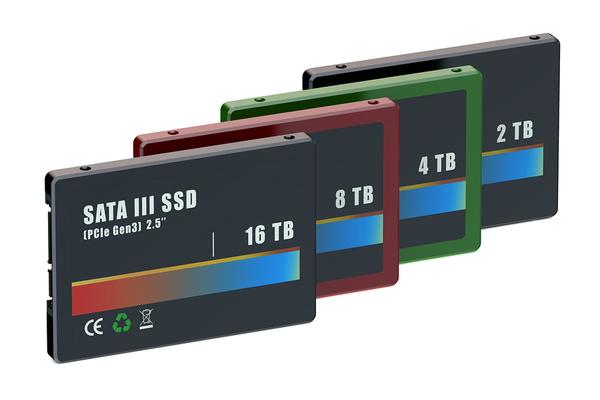
Speed Matters: How SSD Storage Boosts Website Performance
When it comes to web hosting, the type of storage you choose can significantly impact your website’s performance. Solid State drives (SSDs) have emerged as a game-changer, offering a range of benefits that traditional Hard Disk drives (HDDs) simply can’t match. If you’re looking to enhance your site’s speed and efficiency, understanding SSD storage is crucial.
One of the most compelling advantages of SSDs is their incredible speed. Unlike HDDs, which rely on spinning disks to read and write data, SSDs use flash memory. This allows them to access data almost instantly, resulting in faster load times for your website. In fact, studies show that sites with SSD storage can load up to 300% faster than those using HDDs. This speed not only enhances user experience but also improves SEO rankings, as search engines prioritize fast-loading websites.
Another important factor to consider is reliability. SSDs are more durable than HDDs as they have no moving parts, making them less susceptible to physical damage. This translates to less downtime and fewer chances of data loss, giving you peace of mind as you manage your website. With an SSD, you can expect better performance under heavy traffic, ensuring that your site remains responsive even during peak times.
Furthermore, the efficiency of SSDs leads to lower energy consumption. This not only benefits your wallet by reducing hosting costs but also contributes to a more lasting web environment. Many hosting providers are recognizing the value of SSDs and are offering them as standard options in their packages. To help you see the difference, here’s a quick comparison of SSD vs.HDD:
| Feature | SSD | HDD |
|---|---|---|
| Speed | Fast | Slow |
| Durability | high | Low |
| Energy Consumption | Low | high |
| Cost | Higher | Lower |
investing in SSD storage for your web hosting is a smart decision that pays off in speed,reliability,and efficiency. As more businesses move online, having a fast and responsive website is essential for success. Don’t let outdated technology hold you back—switch to SSD and watch your website performance soar.
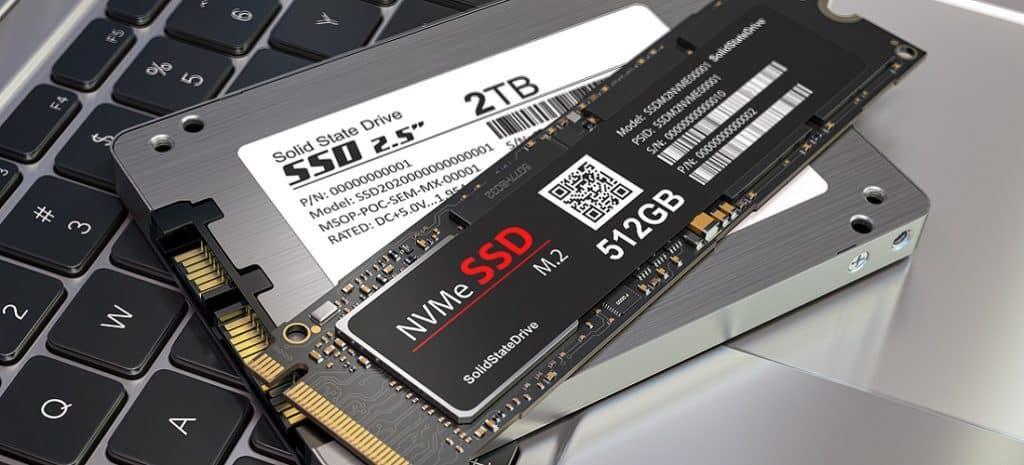
Enhancing User Experience with SSD Storage Benefits
When it comes to web hosting, the choice of storage can significantly impact your site’s performance. Solid State Drives (SSD) are revolutionizing the way websites operate, offering unparalleled speed and efficiency compared to traditional Hard Disk drives (HDD). By choosing SSD storage for your web hosting, you’re not just opting for a technological upgrade; you are enhancing the overall user experience.
here are some key benefits of SSD storage that can elevate your website’s functionality:
- Faster Load times: SSDs read and write data much quicker than HDDs, which means your website will load faster. This is crucial for retaining visitors, as studies show that even a one-second delay can lead to a significant drop in user satisfaction.
- Improved Reliability: ssds have no moving parts, making them less prone to mechanical failure. This reliability ensures that your website remains accessible and minimizes downtime, which is essential for maintaining user trust.
- Enhanced Performance: with faster data retrieval, your website can handle more simultaneous users without lag. This is notably beneficial for e-commerce sites and those with high traffic volumes.
Moreover, with ssds, the overall responsiveness of applications hosted on your server improves dramatically. This means that not only do pages load quicker, but database queries and processes tied to content management systems can execute more efficiently. Consequently, your website can offer interactive features without compromising speed.
To illustrate the advantages of SSD versus HDD storage, consider the following table:
| feature | SSD Storage | HDD Storage |
|---|---|---|
| Speed | high (up to 500 MB/s) | Moderate (up to 150 MB/s) |
| Durability | Excellent | Good |
| Power Consumption | Low | High |
| Noise Level | Silent | Audible |
switching to SSD storage isn’t just about keeping up with technology; it’s about providing your users with a seamless and enjoyable experience. Whether you run a personal blog or a large e-commerce platform, SSD storage can make a significant difference in how your audience interacts with your content. Make the smart choice and invest in your website’s future with SSD technology.
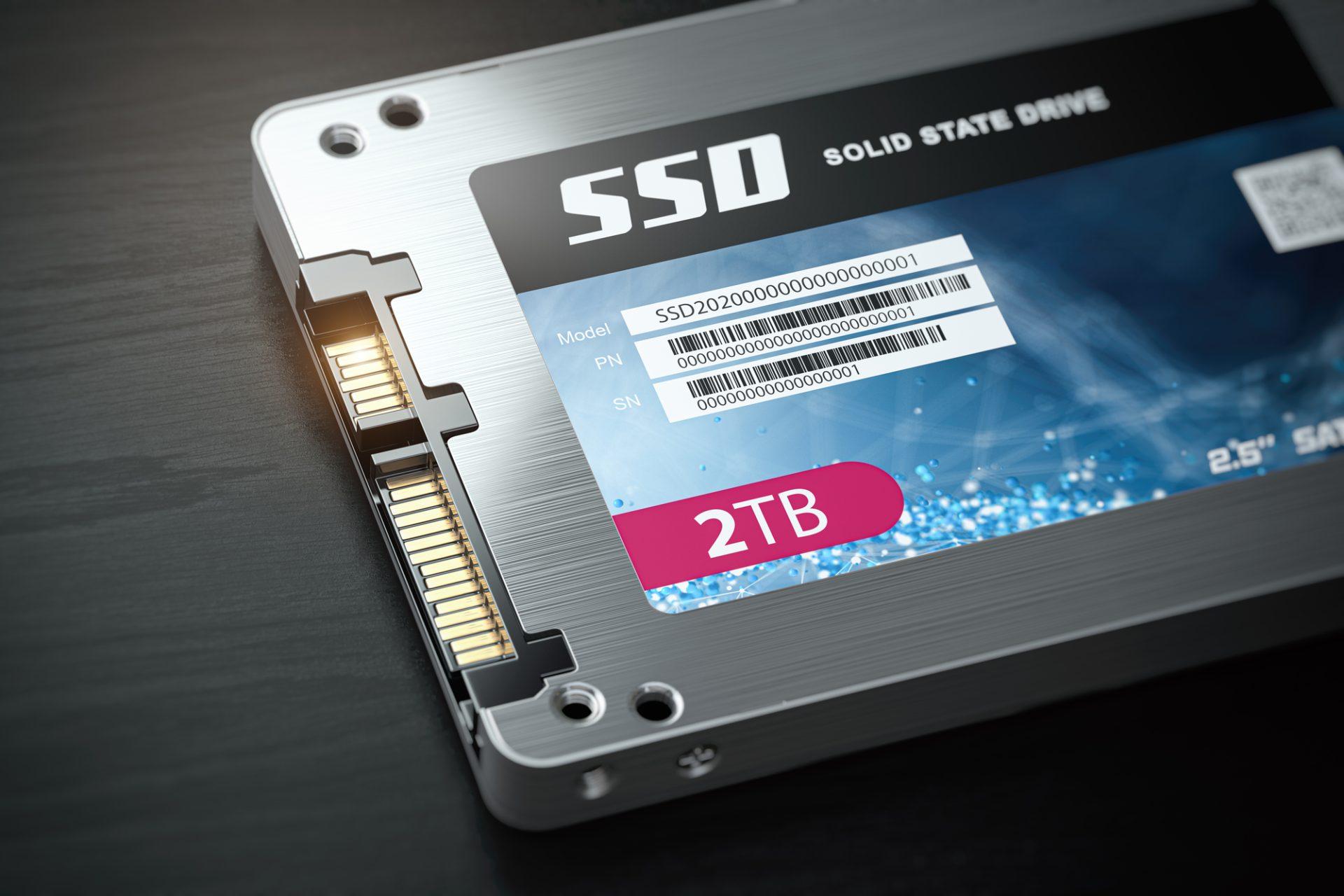
cost-Effectiveness of SSD Storage for Growing Businesses
For businesses experiencing rapid growth, the choice of storage solutions can significantly impact overall performance and efficiency. Solid State Drives (SSD) offer numerous advantages over traditional hard disk drives (HDD),particularly in web hosting environments. Here’s why investing in SSD storage can be a game changer for your growing enterprise.
Speed and Performance: one of the most compelling benefits of SSD storage is its speed.compared to HDDs, SSDs provide much faster data access and retrieval times. This translates to quicker load times for websites, which is crucial for user experience and SEO rankings.When customers find your site loading rapidly, they are more likely to stay and engage with your content, leading to higher conversion rates.
Cost Savings in the Long Run: While SSDs may have a higher initial cost, they can lead to significant savings over time.The increased performance can reduce the need for additional resources or upgrades, as a single SSD can handle higher workloads efficiently. Moreover, faster data transactions can lead to improved productivity, allowing staff to complete tasks more quickly and effectively.
Energy Efficiency: SSDs consume less power than their HDD counterparts. This energy efficiency not only helps reduce operational costs but also aligns with eco-friendly practices that many businesses strive to adopt. By lowering power consumption, companies can contribute to sustainability efforts while maintaining high-performance standards.
Reliability and Durability: SSDs are less prone to physical failures compared to HDDs, as they have no moving parts. This durability means that businesses can rely on SSDs to maintain data integrity and availability, reducing downtime and potential data loss. For a growing business, a reliable storage solution is essential for ensuring continuous operations and maintaining customer trust.
while the initial investment in SSD storage may seem substantial, the long-term benefits in terms of performance, cost savings, energy efficiency, and reliability make it a smart choice for businesses looking to scale. Embracing SSD technology can not only enhance your current operations but also prepare your infrastructure for future growth.

How to Choose the Right Web Hosting plan with SSD Storage
When it comes to selecting a web hosting plan, particularly one with SSD (Solid State Drive) storage, there are several key factors to consider. SSD storage offers significant advantages over traditional HDD (Hard Disk Drive) storage, making it a popular choice for modern websites. Here are some critically important elements to help you make an informed decision:
- Performance: SSDs provide faster data access times, leading to quicker load speeds for your website. This enhanced performance is crucial for retaining visitors and improving your search engine ranking.
- Reliability: SSDs are more durable than HDDs since they have no moving parts. This results in lower failure rates and decreases the chance of data loss.
- Scalability: Consider your website’s growth potential. Choose a hosting plan that allows you to upgrade your SSD storage easily as your traffic and data needs increase.
It’s also essential to evaluate the different types of hosting available with SSD options. Here’s a quick overview:
| Type of Hosting | SSD benefits |
|---|---|
| Shared Hosting | Cost-effective, great for small websites, with SSDs improving speed. |
| VPS Hosting | Higher performance and customization options, ideal for growing businesses. |
| Dedicated Hosting | Maximized performance with full control, perfect for high-traffic sites. |
| Cloud Hosting | Flexible resources and enhanced uptime, suitable for dynamic websites. |
take into account the customer support and additional features offered by the hosting provider. Look for providers that have a solid reputation in the industry and offer 24/7 support. Features like automatic backups, free SSL certificates, and user-friendly control panels can make a significant difference in your hosting experience.
By understanding these factors and making a choice based on your needs, you’ll be well on your way to selecting the perfect web hosting plan with SSD storage that not only supports your current requirements but also grows alongside your digital presence.
The Impact of SSD on SEO and Search rankings
The shift from traditional Hard Disk Drives (HDDs) to Solid State Drives (SSDs) in web hosting has not only revolutionized how websites are built and maintained but has also significantly impacted SEO and search rankings. Search engines,particularly Google,prioritize user experience,and the speed at which a website loads plays a crucial role in this. With SSDs, the speed and efficiency with which data is accessed and served to users can create a noticeable difference in performance.
One of the key benefits of SSD storage is reduced loading times. Websites hosted on SSDs generally load much faster than those on HDDs, thanks to the lack of moving parts in SSD technology. This rapid access to data enhances the overall user experience,leading to higher engagement levels. When users can quickly navigate your site, it reduces bounce rates, thereby signaling to search engines that your content is valuable and pertinent, which can positively influence your search rankings.
Moreover, Google’s page experience update emphasizes the importance of loading performance. Sites that utilize SSDs not only load faster but also handle traffic spikes more effectively. This means that if your website experiences a surge in visitors (think sales or promotions), an SSD can manage this demand without significantly slowing down response times. A consistently high-performing website is more likely to rank well in search engine results pages (SERPs).
Additionally, faster websites can lead to better conversion rates. When potential customers or readers encounter a swift, seamless browsing experience, they are more inclined to stay longer and interact with your content. This increased dwell time and reduced bounce rate are vital metrics that search engines consider when ranking sites. Implementing SSD storage in your web hosting strategy is not just a technical upgrade; it’s a means to enhance your site’s visibility and reach.
To summarize, the integration of SSDs in your web hosting environment provides tangible benefits to both SEO and user experience. Here’s a quick comparison of how SSDs stack up against HDDs regarding SEO impact:
| Feature | SSD | HDD |
|---|---|---|
| Loading Speed | Fast | Slow |
| User Engagement | High | Low |
| Traffic Handling | Excellent | Average |
| SEO ranking Potential | High | Lower |
In essence, adopting SSD technology for your web hosting needs is a strategic decision that aligns with the evolving landscape of SEO and digital marketing. By prioritizing speed and efficiency, you not only enhance the user experience but also bolster your website’s visibility in a competitive online environment.

Making the Switch: Migrating Your Website to SSD Hosting
Switching to SSD hosting can dramatically improve your website’s performance and user experience. unlike traditional HDDs, SSDs use flash memory, resulting in faster data access and reduced loading times. This upgrade not only enhances your site’s speed but also boosts SEO rankings, as search engines favor websites that load quickly.here are some key benefits of migrating to SSD hosting:
- Improved Speed: SSDs can read and write data significantly faster than HDDs, which means your website will load quickly, keeping visitors engaged.
- Increased Reliability: With no moving parts,SSDs are less prone to mechanical failure,leading to lower downtime and higher availability for your site.
- Better performance Under Load: SSDs can handle multiple requests together without slowing down, making them ideal for websites with high traffic.
When migrating your website to SSD hosting, the process can be straightforward if you plan accordingly. Start by selecting a reliable web hosting provider that offers SSD options. Make sure to check their performance reviews and uptime guarantees to ensure they meet your needs. Once you’ve made your choice, follow these essential steps:
- Backup Your Data: Always create a complete backup of your website before initiating any migration. This safeguards your details and ensures you can restore it if necessary.
- Choose a migration Method: Depending on your technical comfort level, you can use a manual migration process or opt for automated tools provided by your hosting company.
- test Your Site: After migration, thoroughly test your website to ensure that everything is functioning correctly. Check for broken links, missing images, and overall performance.
additionally, consider the following factors when choosing an SSD hosting plan:
| feature | Importance |
|---|---|
| Storage Capacity | Ensure it meets your website’s needs. |
| Support and Customer Service | Look for 24/7 assistance for peace of mind. |
| Pricing | evaluate cost vs. features to find the best value. |
Ultimately, the switch to SSD hosting can offer significant advantages that enhance your online presence. By choosing SSDs, you’re not just investing in speed; you’re investing in reliability and future-proofing your website for growth. With a reliable hosting environment, your website can thrive, keeping visitors happy and engaged.
Future-Proofing Your Website with SSD Technology
In today’s digital landscape, having a robust online presence is crucial for any business or individual. One way to ensure your website remains efficient and user-friendly is by utilizing SSD technology in web hosting. Unlike traditional hard drives, SSDs (Solid State Drives) provide significantly faster data access speeds, which can dramatically enhance your website’s performance.
When it comes to website speed, every millisecond counts. With SSD storage, your site can experience:
- Faster load times: Pages load quicker, leading to an improved user experience.
- Enhanced reliability: SSDs are less prone to mechanical failure, ensuring your site stays online.
- Better scalability: As your traffic grows, SSDs can handle increased data loads more efficiently.
Moreover, using SSD technology not only benefits your users but also enhances your SEO standings.Search engines like google prioritize fast-loading sites in their ranking algorithms. This means that by switching to SSD storage, you’re taking a proactive step in boosting your visibility on search engines, ultimately driving more organic traffic to your site.
To illustrate the difference between SSD and traditional HDD hosting, consider the following comparison:
| Feature | SSD Hosting | HDD Hosting |
|---|---|---|
| Speed | Up to 10x faster | Slower access times |
| Durability | high durability | Susceptible to physical damage |
| Energy Efficiency | Lower power consumption | Higher power consumption |
| Cost | Higher initial cost | Lower initial cost |
Ultimately, investing in SSD technology is an investment in the future of your website.As demands for speed and reliability continue to grow,making the switch now can help you stay ahead of competitors. The benefits of improved performance, increased user satisfaction, and better search engine rankings make SSD storage a wise choice for anyone serious about their online presence.

Affordable SSD Hosting Options for Beginners
When it comes to launching your website, the type of hosting you choose can greatly impact its performance and reliability. For beginners, SSD (Solid State Drive) hosting presents a fantastic option due to its speed and efficiency. Unlike traditional HDD (Hard Disk Drive) hosting, SSD hosting utilizes flash-based storage, resulting in faster data access and improved overall performance.
Here are some affordable SSD hosting options that cater specifically to beginners:
- bluehost: Known for its beginner-friendly interface, Bluehost offers SSD storage with a variety of plans starting at an affordable rate. Their customer support is also highly rated, making it easy for newcomers to seek help.
- Hostinger: With prices as low as a few dollars per month, Hostinger provides SSD hosting plans packed with features. Their intuitive control panel is perfect for those who are new to web hosting.
- SiteGround: While slightly pricier, SiteGround’s SSD hosting is highly reliable. They are praised for their excellent uptime and customer service, making them a solid choice for beginners.
- A2 Hosting: A2 Hosting is known for its speed and performance, offering SSD hosting at competitive prices. They also provide a money-back guarantee, which is great for first-time users looking to test the waters.
When selecting the right hosting provider, consider not only the cost but also the features that come with your plan. Look for options that provide:
| Feature | Importance |
|---|---|
| Free SSL Certificate | Enhances security and boosts SEO rankings. |
| 24/7 Support | Essential for troubleshooting and guidance. |
| Easy-to-Use control Panel | Makes managing your website simpler for beginners. |
| Scalability Options | Allows your hosting plan to grow with your website. |
Choosing a hosting plan with SSD storage not only speeds up your website but can also positively affect user experience and search engine rankings. With these options, beginners can confidently step into the world of web hosting without breaking the bank, ensuring their online presence is both powerful and accessible.
Frequently Asked questions (FAQ)
Q&A: What is SSD Storage in Web Hosting? (Beginner’s Guide)
Q: What exactly is SSD storage in web hosting?
A: SSD stands for Solid State Drive, and it’s a type of storage device that uses flash memory to store data.In web hosting, SSD storage means your website’s files are saved on these super-fast drives, which significantly improves loading times and overall performance compared to traditional HDDs (Hard disk Drives).
Q: Why should I care about the type of storage my web host uses?
A: Great question! The type of storage directly affects how quickly your website loads. In today’s digital world, a slow website can lead to higher bounce rates and lower user satisfaction. Using SSD storage can dramatically enhance your site’s speed, leading to better user experiences and possibly higher rankings on search engines.
Q: How much faster is SSD storage compared to HDD?
A: SSDs can be up to 300% faster than HDDs! This means quicker data access, faster file transfers, and smoother overall website performance. Imagine your visitors loading your site in a flash—it’s a game changer!
Q: Is SSD storage more expensive than HDD storage?
A: Yes, SSDs typically have a higher price point compared to HDDs.however, think of it as an investment in your website’s performance. Many web hosting providers now offer SSD options at competitive prices, making it easier to choose speed without breaking the bank.
Q: Will switching to SSD hosting really make a difference for my website?
A: Absolutely! If you’re running an online store, a portfolio, or any site where speed matters, SSD hosting can enhance user experience, improve SEO rankings, and even lead to higher conversion rates. Fast websites keep users engaged, which is key for success!
Q: What types of websites benefit the most from SSD storage?
A: While SSD storage benefits all websites, those with high traffic, multimedia content, or dynamic databases (like e-commerce sites, blogs with lots of images, and membership sites) will see the most significant improvements in speed and performance.
Q: How do I find a web host that offers SSD storage?
A: Many web hosting companies now advertise SSD hosting options. Look for providers that specifically mention SSD storage in their plans. It’s also a good idea to read reviews and compare performance metrics to choose the best option for your needs.
Q: Should I choose SSD hosting if I’m just starting out with a blog or small website?
A: If your budget allows for it, definitely! Starting with SSD hosting means you won’t have to worry about upgrading later on. Your site will load faster from the get-go, which can help you attract and retain visitors more effectively.
Q: Can I migrate my existing site to SSD hosting?
A: Yes! Most reputable hosting providers offer assistance with migrating your site to SSD storage. They’ll help ensure a smooth transition without losing any data, so you can enjoy all the benefits of SSD without the headache.
Q: Is SSD storage suitable for all types of web hosting?
A: Yes! SSD storage is available across various hosting types, including shared, VPS, and dedicated hosting. No matter your setup, you can find an SSD option that fits your needs.
By understanding SSD storage and its benefits, you can make informed decisions that could elevate your online presence.so, are you ready to supercharge your website with SSD hosting?
Wrapping Up
And there you have it! We’ve unpacked the essentials of SSD storage in web hosting, and I hope you now have a clearer picture of why it’s become the go-to choice for many website owners. If you want your site to load faster, handle more traffic, and deliver a seamless experience to your visitors, SSD hosting is definitely worth considering.
Remember, investing in SSD storage isn’t just about speed; it’s about ensuring your website runs efficiently and effectively, making a lasting impression on your audience. So,whether you’re starting a blog,launching an online store,or building a portfolio,don’t overlook the power of SSD storage.
If you’re ready to take your website to the next level, take a moment to explore your hosting options today. Trust me, your future self (and your visitors) will thank you! Happy hosting!

